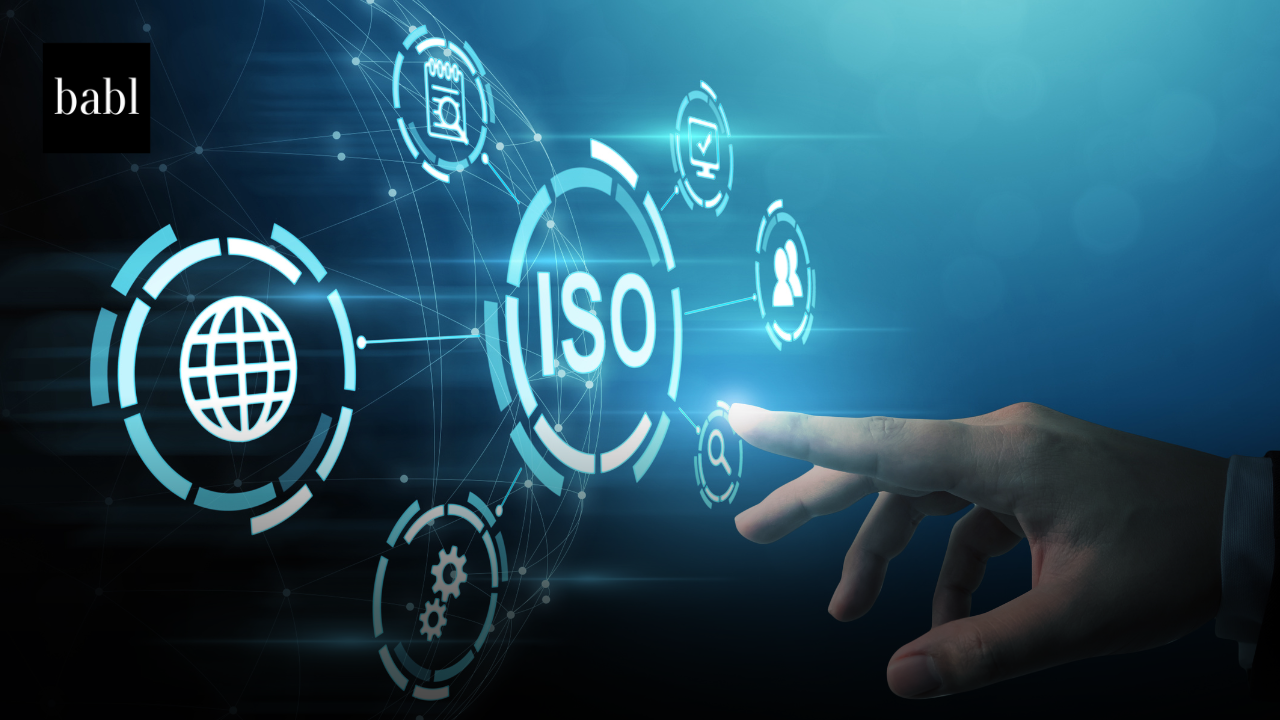The International Organization for Standardization (ISO) and the International Electrotechnical Commission (IEC) have formally published ISO/IEC 42005:2025, a new international standard providing guidance for organizations conducting AI system impact assessments. The document is designed to help organizations evaluate the societal, group, and individual impacts of artificial intelligence technologies—both intended and unintended—across the AI system lifecycle.
Developed by Joint Technical Committee ISO/IEC JTC 1, Subcommittee SC 42 on Artificial Intelligence, the new standard responds to growing global concerns about the ethical and societal consequences of AI systems. While AI offers benefits such as improved data analysis, automation, and innovation in fields like healthcare, ISO notes that these systems also carry risks of discriminatory outcomes, environmental harm, and job displacement.
ISO/IEC 42005 outlines a formal process to document, assess, and monitor the effects of AI systems, including sensitive and restricted uses, foreseeable misuse, and unintended applications. The standard applies to organizations of any size or sector, and emphasizes integration with broader AI governance and risk management practices—particularly ISO/IEC 42001 (AI management systems) and ISO/IEC 23894 (AI risk management).
Core elements of the assessment process include defining timing and scope, allocating responsibilities, setting evaluation thresholds, documenting findings, and establishing approval and review mechanisms. ISO encourages organizations to embed these assessments within their top-level governance structures and management systems, ensuring alignment with internal values and external regulatory expectations.
By fostering transparency and accountability, the new standard aims to help organizations demonstrate that the societal impacts of AI technologies have been thoughtfully considered. ISO describes AI impact assessments as a foundational tool for building public trust and aligning technical development with ethical obligations.
ISO/IEC 42005:2025 is now available through national standards bodies and ISO’s online platform. It joins a growing suite of ISO/IEC documents that collectively support responsible, risk-aware, and human-centered AI innovation.
Need Help?
If you have questions or concerns about how to navigate the global AI regulatory landscape, don’t hesitate to reach out to BABL AI. Their Audit Experts can offer valuable insight, and ensure you’re informed and compliant.





